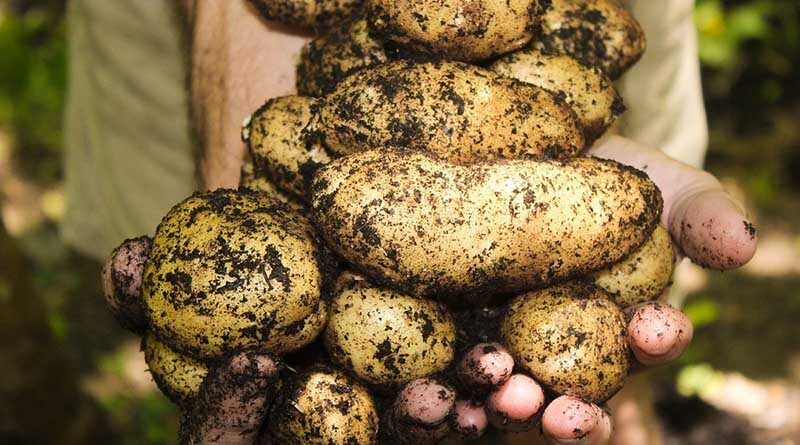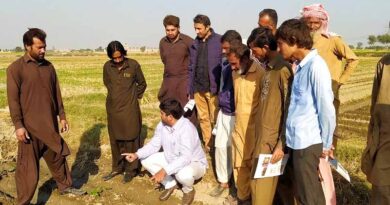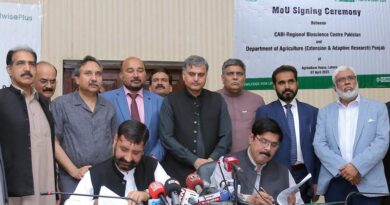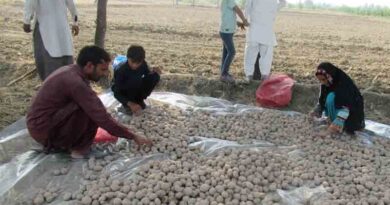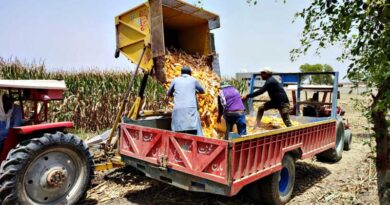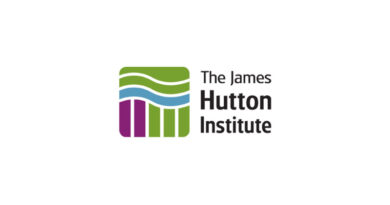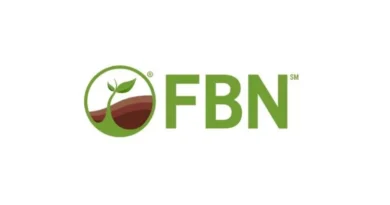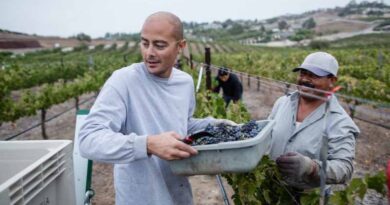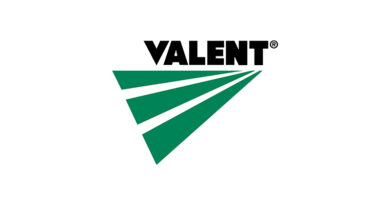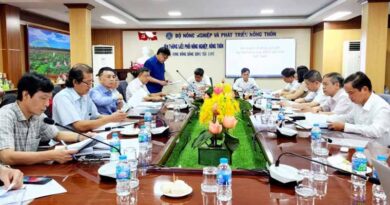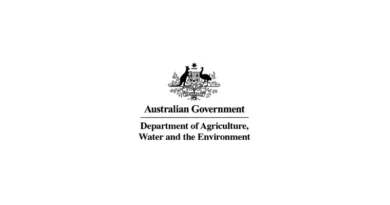CABI ‘chips-in’ to help build capacity of potato growers in Punjab, Pakistan
24 February 2021, New Delhi, IN: CABI is joining forces with Wageningen University & Research in a two-and-a-half-year project to help increase the productivity and sustainability of 960 smallholder potato growers in Punjab, Pakistan, with a special attention for the role of women.
Thanks to funding from the Netherlands Enterprise Agency (RVO), CABI and its Dutch colleagues will deliver a comprehensive training and extension programme in four core districts of Punjab – Sahiwal, Okara, Kasur and Pakpattan.
In collaboration with Pakistan Agricultural Research Council (PARC), Department of Agri Extension – Punjab, University of Agriculture – Faisalabad, Punjab Rural Support Programme, Ministry of National Food Security & Research, Potato Research & Development Board – Punjab Potato Growers Society and the Pakistan Farmers Associates, the project will see the intensive training of 24 ‘master trainers’ and capacity building of potato farmers through trainings, and the establishment of demonstration plots and farmer field days.
These ‘master trainers’ will ultimately promote gender inclusion in potato crop cultivation and the value chain while educating the smallholder potato farmers on improved potato production technologies.
This includes the use of better-quality potato seed as demonstrated in potato demo and seed plots in Okara district under the guidance of experts from Wageningen University & Research. CABI is coordinating the work including the production of a ‘potato manual’ and extension material to be disseminated to farmers to help them learn better potato production techniques.
The project was launched at the Embassy of the Kingdom of Netherlands in Islamabad, Pakistan, and was attended by the Federal Minister for National Food Security and Research Syed Fakhar Imam, CABI’s Regional Director Central and West Asia Dr Babar Bajwa and Pakistan Farmers Associates President Afaq Tiwana. CABI’s Director Strategic Partnership Dr Janny Vos and Wageningen University & Research Research Manager Ir. Herman Schoorlemmer participated in the event virtually.
CABI staff and partners at the launch of the capacity building of potato growers project at the Embassy of the Kingdom of Netherlands in Islamabad (Credit: CABI).
Potato is a major crop in Pakistan with great potential to grow. It presents both the prospect of revenue increase for producers as well as opportunities as a source of foreign reserve by increasing exports.
In 2019, the exportation of potatoes from Pakistan was worth USD $115 million. Importantly, Pakistan’s potato industry is self-sufficient to supply for the needs of domestic household consumption.
Dr Bajwa said, “The primary issue for potato growers is the availability of healthy and certified seed. Yields in the Punjab province of Pakistan is approximately 20t/ha, which is comparable to China. But this is well below yields in Europe, North America and Australia – all having yields of more than 40t/ha.
“This project will help build the capacity of potato farmers in Punjab to not only use better-quality seed but to also engage in enhanced post-production practices such as better handling, storage and transport systems.”
At the launch event, Dutch Ambassador Wouter Plomp said food security is a growing concern globally, especially in the Punjab region due to impacts of climate change and rapid increase in population.
“Meeting up with nutritious food demand is a challenge for Pakistan, and the Netherlands has knowledge, technology and skills to help Pakistan overcome these challenges. For instance, Pakistan imports 13.000 metric tonnes of seed potatoes from the Netherlands per annum”, he added.
Also Read: Cabinet approves Production Linked Incentive Scheme for Pharmaceuticals

